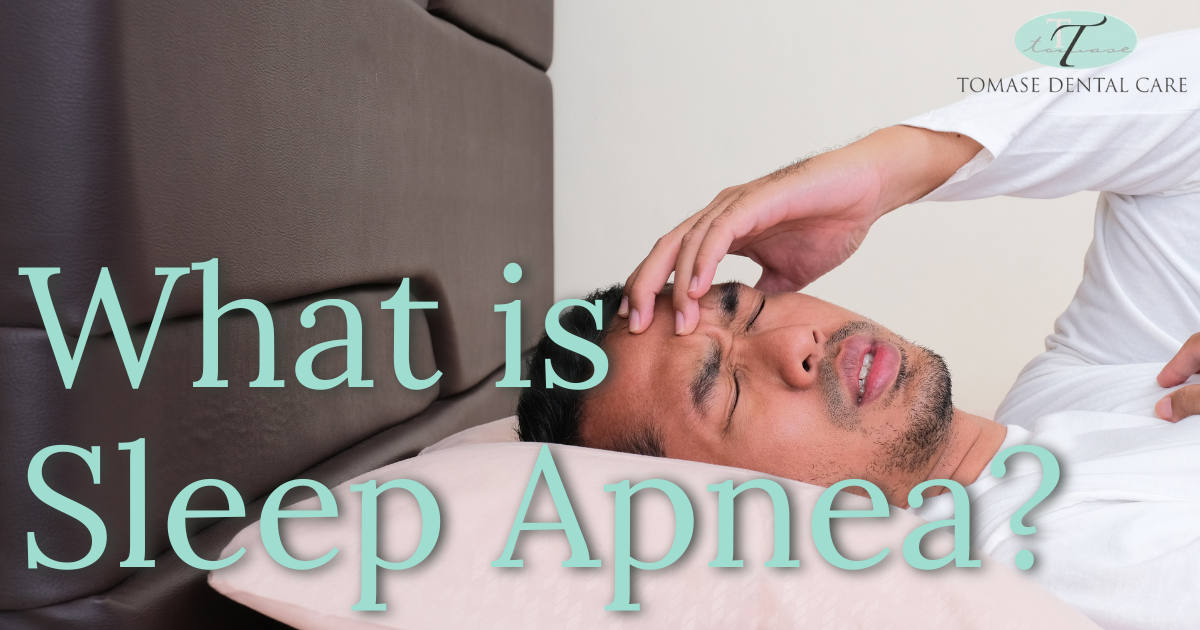Sleep Apnea Warning Signs You Shouldn’t Ignore
Snoring, morning headaches, and feeling exhausted no matter how much sleep you get—these might seem like minor inconveniences, but they could be signs of sleep apnea. This common condition causes repeated pauses in breathing throughout the night, preventing deep, restful sleep.
Because sleep apnea happens while you sleep, many people don’t realize they have it. If you often wake up tired or feel sluggish during the day, it may be time to take a closer look. Keep reading to learn the signs—and why getting treatment is so important.
Signs You Might Have Sleep Apnea
Sleep apnea is a serious condition that has a more profound effect on your overall health the longer you go without treatment. Unfortunately, many people never receive the proper diagnosis because they don’t recognize the symptoms. If you experience any of the following, it’s worth talking to a medical professional or sleep specialist:
- Loud, frequent snoring
- Waking up gasping for air or feeling short of breath
- Morning headaches or dry mouth
- Feeling tired no matter how much sleep you get
- Difficulty concentrating or forgetfulness
- Sore throat in the morning
It’s likely your partner or another family member will notice your loud snoring or pauses in breathing during sleep before you even realize you may have an issue.
Why It’s Important to Seek Treatment
Sleep apnea isn’t just about feeling tired—it can take a toll on your overall health. Untreated sleep apnea is linked to:
- High blood pressure, heart disease, and stroke
- Increased risk of developing Type 2 diabetes
- Memory problems and cognitive decline
- A higher chance of accidents due to drowsiness
The good news? Effective treatment can restore restful sleep and improve your overall health.
How Sleep Apnea Treatment Can Help
If you suspect sleep apnea, the first step is a professional evaluation, which may include a sleep study to confirm a diagnosis. Our dental team works closely with sleep specialists to ensure you receive the correct diagnosis and treatment plan. Depending on your needs, treatment may include:
- Oral Appliance Therapy – A custom-fitted device that repositions your jaw to keep your airway open. This CPAP alternative is easy to wear and highly effective for many patients.
- Night Splints – A specialized device that prevents your tongue from collapsing into the airway, helping maintain proper airflow.
With the right care, you can sleep better, feel more energized, and protect your long-term health.
Take the First Step Toward Better Sleep
If you’re experiencing symptoms of sleep apnea, don’t ignore them. Contact our dental office located in Toledo, OH to schedule an evaluation and find a treatment option that works for you.







